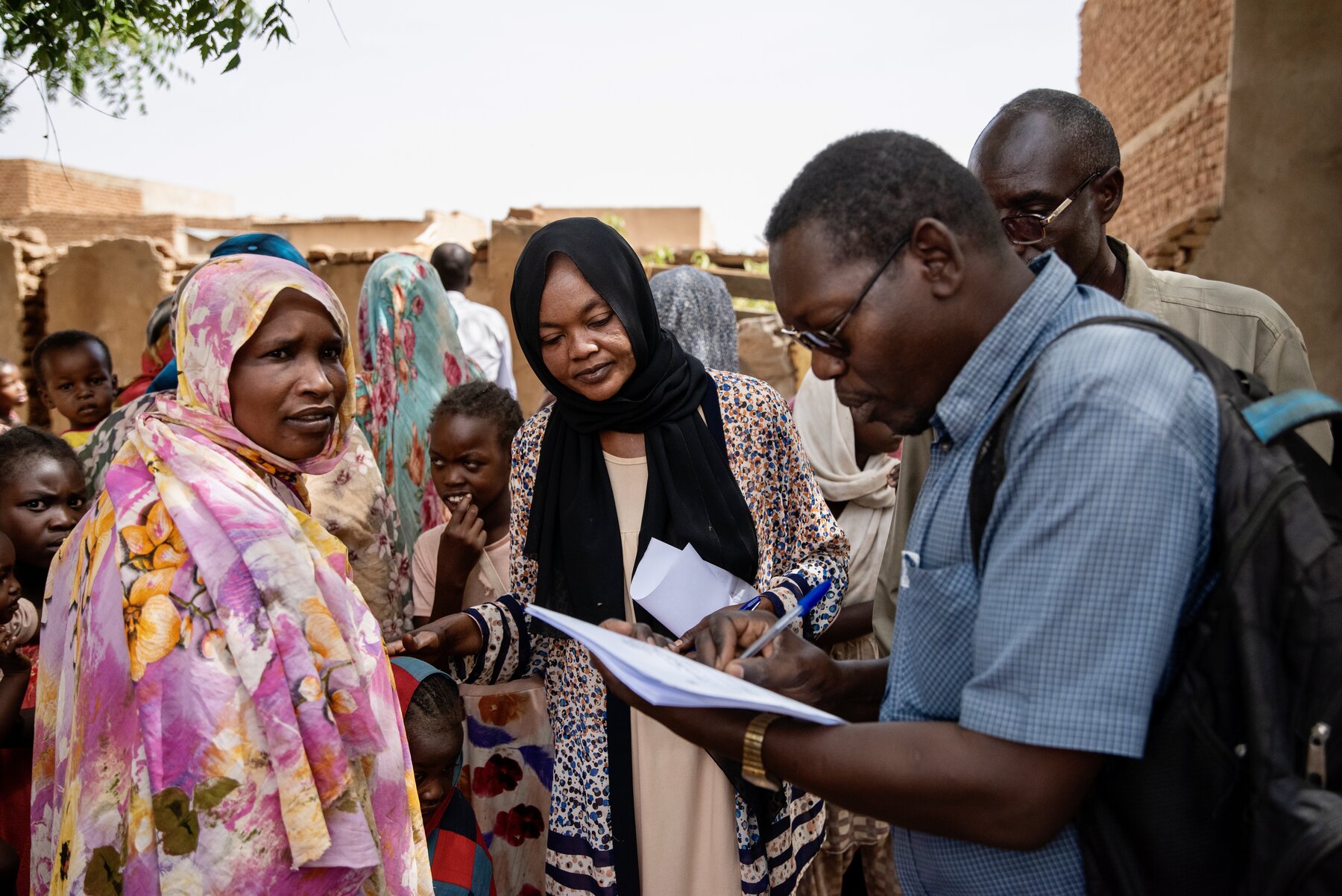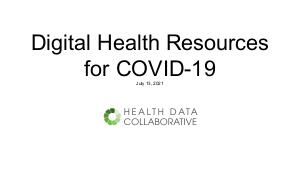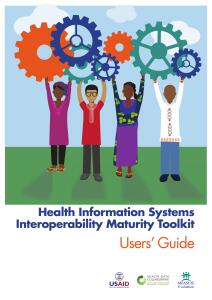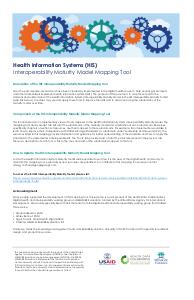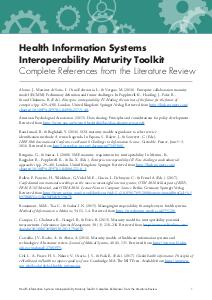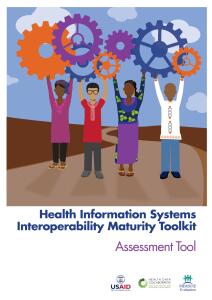Knowledge Hub
Through its working groups, the Health Data Collaborative will produce numerous tools, such as data standards, measurement methods, health indicators and other resources that will support countries to collect, analyse and use more accurate and reliable health data.
Around the world, countries are faced with collecting data for numerous different donors using different methods and indicators. The tools we produce will help to harmonise those methods, easing the administrative burden on countries and ensuring they have better data, for better decisions, and better health.
We’re developing a one-stop shop for health information system standards that will include:
- Guidelines for designing measurement and evaluation systems within national health sector plans
- A package of recommended indicators, data quality metrics and dashboards for collecting and analysing data at health facilities and in communities
- Standards for integrating outbreak surveillance into routine health information systems
- Harmonized set of survey tools for collecting comprehensive household health data
- Resource kit to improve birth and death registration
- Core health workforce metrics
- Guidelines on designing health systems that talk to each other and policies for sharing data

